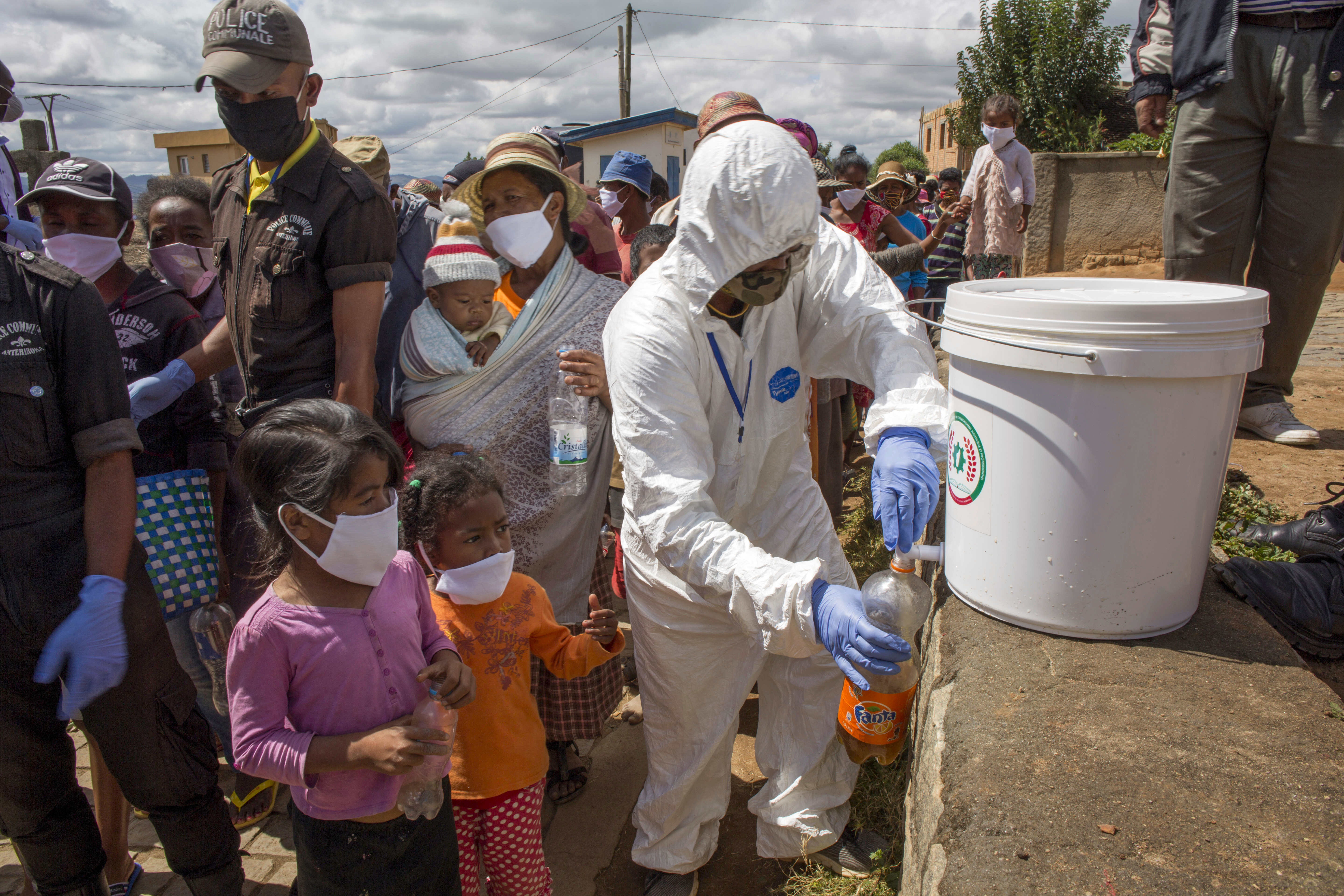Lies in the time of COVID19 – IV

With the spread of COVID-19 impacting the world, the United States Agency for Global Media and its networks have remained committed to providing accurate and unbiased information about the coronavirus, clarifying any misinformation, and exposing disinformation related to the pandemic.
Shifting figures
Voice of America provided extensive coverage on the growing questions about China’s reported data after Wuhan revised its coronavirus numbers.
VOA Mandarin scored big on social media with investigative reporting on China’s propaganda efforts to repair its coronavirus-hit image. A fact-check of Beijing’s official pandemic timeline and a story on Twitter’s suspension of the Chinese embassy’s account in Sri Lanka got 24,000 total views within hours.
VOA Persian continued to cover the secrecy and misinformation from the Iranian regime about its statistics, highlighting the contradictions in the Supreme Leader’s claims and the erosion of trust among Iranians in the effectiveness of the government’s approach. The Service also reported on the government’s contradictions jeopardizing Iran’s chances to receive international aid as well as on Secretary Pompeo’s expression of regret over Tehran’s rejection of Washington’s offer for aid.
Radio Farda, RFE/RL’s Persian Service, provided an in-depth look at who runs Iran’s international propaganda machine and reported on a statement by Tehran City Council Chairman that the infection numbers in Iran are “much higher” than the official figures from the government.
The blame game
RFA’s Mandarin Service continued to cover the Chinese Communist Party’s efforts to cover up the reports of a novel coronavirus in early January, reporting on newly leaked internal documents that show Beijing knew of a potential threat much earlier than reported and that its failure to act appropriately led to the eventual outbreak. The Service also reported on the statements by a top official at Wuhan Institute of Virology denying the laboratory’s involvement in the outbreak in response to months of conspiracy theories suggesting the novel coronavirus originated in that lab.
MBN focused extensively on the disinformation spread by Iran – domestically, as it tried to blame the outbreak in the country on the U.S. sanctions, as well as abroad, through the wide use of social media platforms to spread various falsehoods and conspiracy theories suggesting that the U.S. is to blame for the outbreak. The network’s weekly Decision Capital show also examined the claim that the novel coronavirus outbreak happened due to a mistake in a laboratory in Wuhan.
RFE/RL’s Bulgarian Service reported on China’s imposition of censorship on scientific research about the origins of the novel coronavirus and on how Belgrade is hailing Beijing’s aid, although the EU is providing much more help.
Dangerous Medicine
In its weekly Footage vs. Footage show, Current Time TV looked into why conspiracy theories are so popular in Russia and the rapid growth in the demand for counterfeit medicines and unproven remedies that are fueled by social media.
VOA reported on Pakistanis’ embrace of unproven remedies to prevent and cure COVID-19 and highlighted a statement by U.N. Secretary General António Guterres on the global pandemic of misinformation that is putting lives at risk.
